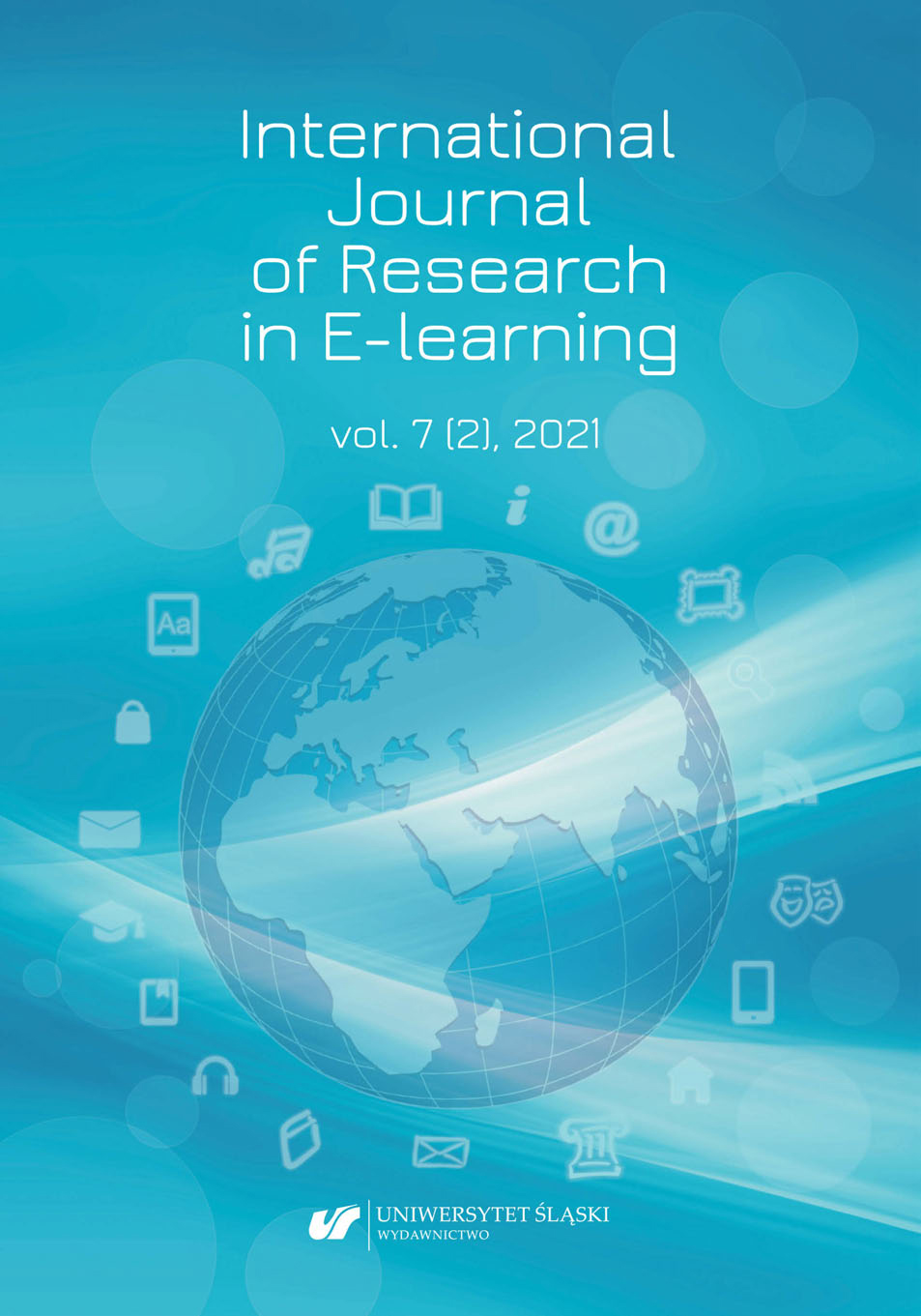Student’s Well-Being in the E-School Environment: Selected Research Results
Student’s Well-Being in the E-School Environment: Selected Research Results
Author(s): Agnieszka Buczak, Izabela M. ŁukasikSubject(s): Pedagogy
Published by: Wydawnictwo Uniwersytetu Śląskiego
Keywords: remote learning; coronavirus pandemic; well-being; students; e-school
Summary/Abstract: The aim of the study was to identify the areas most sensitive to the well-being of students in the e-school environment. The researchers’ interest in the field of education most often relates to students’ school achievements. It seems reasonable to look at the reality of school from the perspective of the well-being of adolescents. The threat of a pandemic and the transition to remote learning have created unique conditions for understanding student problems. In reference to Allardt’s concept, four categories of well-being were distinguished 1) school conditions, 2) interpersonal relationships, 3) means of self-fulfillment, and 4) overall health condition. The study was conducted online, but through schools, among grades 7 and 8, and the first grade of secondary school students (N = 360). The principal component analysis (PCA) and confirmatory factor analysis (CFA) of the tool have been developed. The criterion validity was determined on the basis of the relationship between the questionnaire and other tests that measure similar problems. Rosenberg’s Self-Assessment Scale and the KIDSCREEN-10 Health-Related Quality of Life Questionnaire for Children were used. The Student’s Well-being in the E-school Environment: A Questionnaire is sufficiently reliable and valid. The distribution of low, average and high results in the sub-scales was more or less even. Low scores in the first sub-scale were reported by every fourth student, in the second and third sub-scale by every third student. The scale can be used to recognise the well-being of students learning in a remote or hybrid system. Well-being translates into functioning in many areas of life activity.
Journal: International Journal of Research in E-learning
- Issue Year: 7/2021
- Issue No: 2
- Page Range: 1-20
- Page Count: 20
- Language: English

